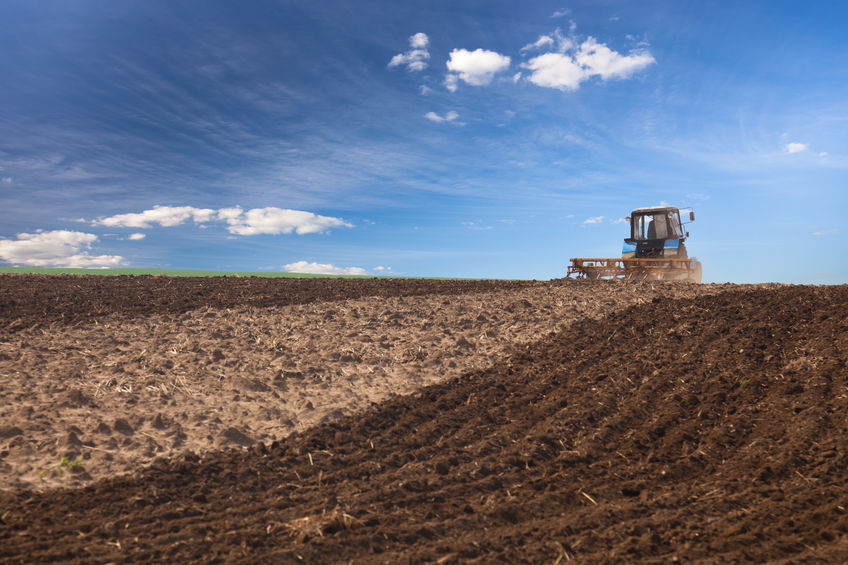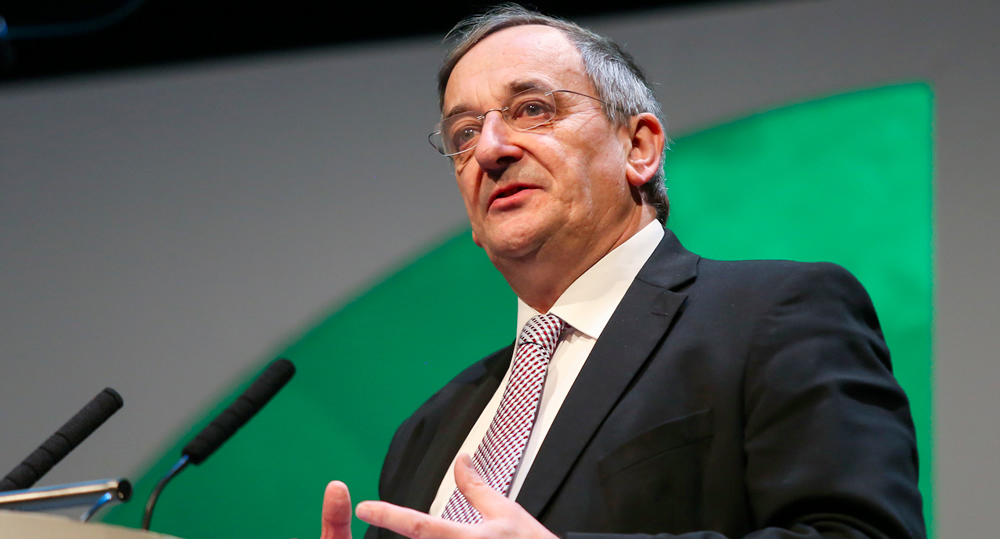
Food prices are set to rise as a result of the UK voting for Brexit, the National Farmers Union President Meurig Raymond has warned.
Mr Raymond said the EU referendum result had been a "political car crash" and that UK farmers who receive up to £3bn in subsidies from the EU each year were entering uncharted waters.
Due to Britain's reliance on food imports and the pound plunging to a 31-year low after the vote, the NFU President said food prices will be rising and the UK's export sector, in particular sheep, will be taking a big hit.

"Sadly, we only produce 60% of the food we consume – we’ve seen our self-sufficiency fall dramatically – so we are very dependent on imported food," he said in an interview with The Guardian.
"So a weaker pound will mean higher imported food value… the government could easily be held to ransom by other parts of the world if there is a climatic disaster or if currency is weak."
Raymond said the UK exports 38% of the lamb it produces to the European Union, saying that the UK economy was 'very dependent' and there was a huge demand for it.
The same went for wheat, barley, beef and dairy products.
Each sector was vulnerable if they lost the export opportunities, Raymond predicted that the sheep sector will be hit the most.
The government 'could easily be held to ransom by other parts of the world if there is a climatic disaster or if currency is weak,' he stated.
'Frustration and regulation'
Raymond has listed 'frustration with European Union regulation and product approvals' as one of the main reasons farmers have voted for the UK to leave the EU.
According to EU agricultural co-operative Copa and Cogeca's confidence survey, farmers’ confidence in the United Kingdom is at its lowest level in 6 years due to over-regulation.
Regarding agricultural trade deals, Meurig Raymond continued: "We must get the best possible access to markets in the rest of Europe.
"Although we will not be a member of the EU, it will still be our major trading partner for the foreseeable future.
"Currently we benefit from more than 50 trade agreements with countries in the rest of the world.
"We will continue to need these kind of arrangements in future, whether this means negotiating new deals or not.
"A key question we asked the Leave camp, and on which we never received a clear answer, was what kind of access would an independent UK give to imports from the rest of the world?
"Our requirement is that we are not open to imports which are produced to lower standards.
"Leaving the EU gives us the opportunity to build a new British agricultural policy which is adapted to our needs, easy to understand and simple to administer.
"We will be looking for guarantees that the support given to our farmers is equal to that given to farmers in the EU, who will still be our principal competitors."
